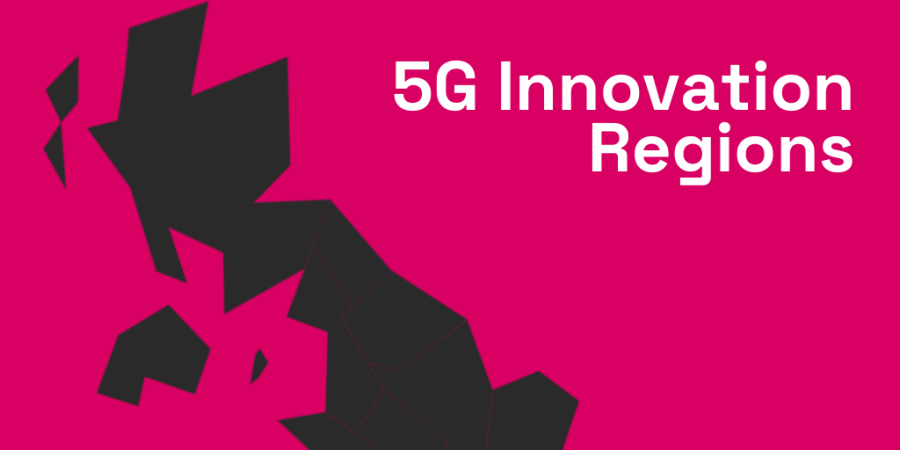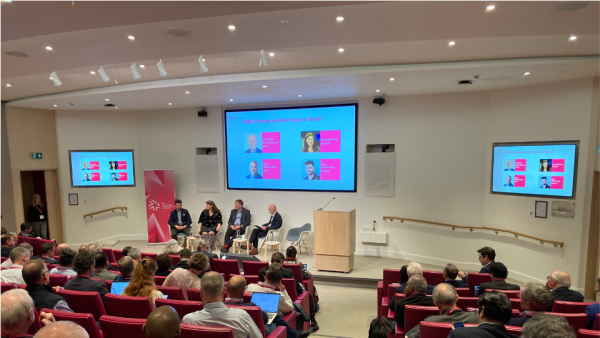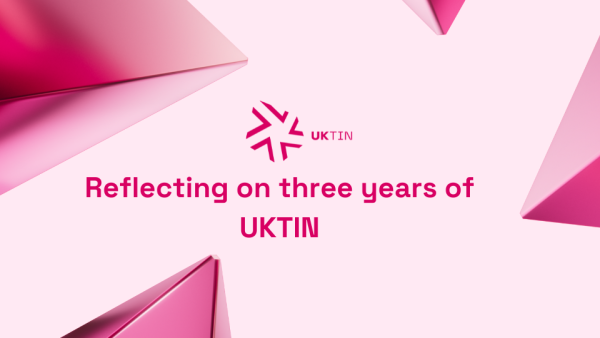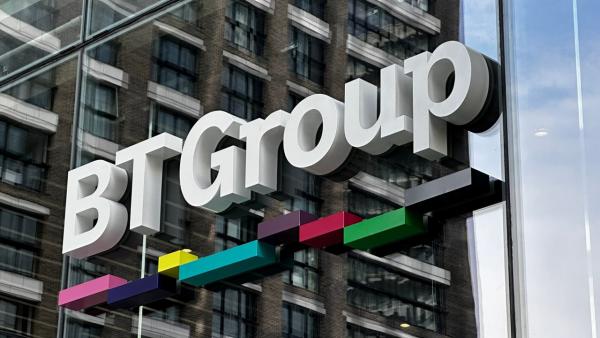
Following on from the Secretary of State for DSIT’s speech at the Tech UK Conference which announced additional funding for 5GIR programme, DSIT has today confirmed that in, addition of the seven confirmed extensions, the remaining three regions will also receive extensions.
These projects, which are part of the government’s ongoing efforts to boost 5G capabilities across the UK, include initiatives in Greater Manchester Combined Authority, England’s Connected Heartland and Borderlands.
These extensions will enable the regions to better deliver on the ambitious objectives set out in the 5G Innovation Regions programme. The programme is designed to support the deployment and adoption of cutting-edge 5G technology, driving innovation, improving connectivity, and contributing to regional economic growth.
For more detailed information on these extensions, visit the official announcement on gov.uk.
England’s Connected Heartland (ECH)
This ECH 5GIR project has been awarded a 12-month time extension and £140,000 in additional funding.
Borderlands
The Borderlands project has been awarded a 12-month time extension.
Initial use cases, including deployments at Stranraer Marina, Hadrian’s Wall, Kielder Castle, Destination Tweed, and the Windermere Ferry, are demonstrating how 5G can improve tourism experiences, operational efficiency, and support local businesses.
During the extension period, Borderlands will expand its use cases, collect detailed data on user engagement, and report on the social, economic, and environmental benefits of the deployments.
The project will also validate the commercial sustainability model, testing the viability of a range of innovative connectivity services. These initiatives aim to establish a scalable approach to rural 5G adoption and ensure its long-term viability.
By March 2026, the project aims to provide valuable insights into the benefits of rural 5G innovation. Findings from the extension will offer a replicable model for other regions to adopt sustainable connectivity solutions.
Greater Manchester Combined Authority
The Greater Manchester 5G Smart Decarbonisation Network project has been extended by 12-month time extension and awarded £250,000 in additional funding.
Over the past 16 months, the project has focused on addressing climate change at a city-region level, accelerating decarbonisation, improving quality of life, and fostering growth in the Green Technologies and Services sector.
The project has enabled the integration of hundreds of air source heat pumps in social housing, supporting the development of Smart Energy Grids and helping to reduce fuel poverty while advancing Greater Manchester’s net zero ambitions. The project has also piloted a digital road network on the 5G network to reduce congestion and carbon emissions by prioritising public transport flow. Two smart transport junctions are now live, creating advanced wireless “connectivity corridors” that use AI to interpret data via a digital twin model, improving road network management and resident safety.
A place-based model focused on social housing has been developed, combining multiple use cases, including building management, education, mould detection, and health-at-home services. The results are being scaled across Greater Manchester. Insights from resident engagement will inform future scalability and further use cases for IoT and wireless solutions in the region. Partners are already preparing to contribute to scaling and bring new innovation and industry investment to future programmes.
Central to these initiatives is 5G advanced wireless technology, delivered in collaboration with industry and telecoms partners, local fibre networks, academia, and the cyber security sector.
The project has directly supported Greater Manchester’s goals for net zero, growth, Housing First, and Live Well, as well as the government’s missions on growth, environment, and employment, and its strategy to deliver Modern Digital Public Services across the UK.
The next phase of the project will focus on:
- Embedding the GM Connected Homes Inclusive Places (CHIPS) Use Case Framework, using connected solutions to drive strategic outcomes.
- Expanding use case locations in Wigan and Manchester and to new sites.
- Enhancing data collection, processing, and analysis through the 5G Ecosystem to improve decision-making.
- Building the Advanced Wireless Traffic Corridor in Hindley Wigan to assess advanced wireless technologies.
- Refining the Engagement and Technology Adoption Programme (e-TAP) to help tenants access heat pump tariffs.
- Conducting a GM-wide study on advanced wireless IoT practices and establishing a GM Knowledge and Learning Hub.
- Delivering an upskilling programme for transport Network Operations staff to manage data from Smart Transport Corridors, improving network management and safety.
This comprehensive approach aims to accelerate decarbonisation, improve quality of life, and foster innovation and investment across Greater Manchester.









